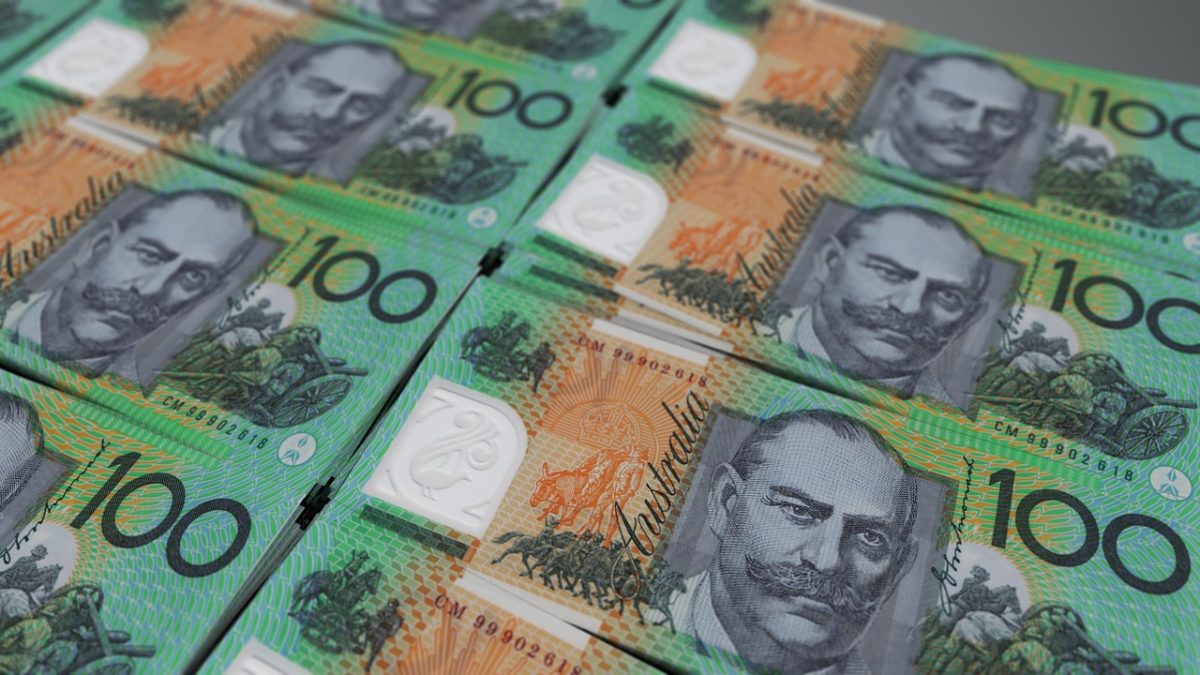The government of Panama has announced a renewable energy auction will be held next month in possibly the first instance of the fallout from Covid-19 driving a nation to rush to clean energy to shore up its grid. Announcing plans for the October procurement exercise in a country which leans heavily on hydropower, the National Secretariat of Energy said the spread of coronavirus had affected power generation projects in a manner which “could compromise the firm capacity of our generation matrix to guarantee the security of short-term supply, especially in certain scenarios of low hydrology.”
Chinese PV manufacturer Solargiga, in its first-half figures, said the dampening effect of Covid-19 had led inventory to pile up in its warehouses. Citing the development as a concern because of rapidly decreasing solar panel prices, the backlog may end up generating a short-term windfall thanks to the soaring price of polysilicon at present.
The government of the Australian state of Queensland will devote half its AU$1 billion (US$728 million) Covid recovery fund to renewables, in the shape of AU$500 million to be invested by state-owned energy companies into commercial clean energy projects and infrastructure. Victoria, meanwhile, appears set to commission “at least 600 MW” of renewable energy generation capacity as part of its Covid-19 recovery plan.
France has allocated €30 billion (US$35.7 billion) of its Covid recovery package for the energy transition, including more than €9 billion to develop a hydrogen economy, €7 billion for building renovation and €11 billion to decarbonize transport – with €100 million of the latter sum for electric vehicle charging points. However, as solar CEO Xavier Daval noted, the policy document makes no direct mention of solar. Two government ministers today put some meat on the bones of the hydrogen aspect of the recovery plan.
Delays to solar project grid connection caused by the pandemic prompted France to add just 379 MW of new generation capacity in the first half of the year, according to data provided by grid operators and energy regulator the Commission Régulation de l'Energie. Germany, however, added 2.8 GW of grid-connected capacity in the first seven months of this coronavirus-hit year, up from the 2.38 GW installed in the same period of last year, according to federal network agency the Bundesnetzagentur.
This content is protected by copyright and may not be reused. If you want to cooperate with us and would like to reuse some of our content, please contact: editors@pv-magazine.com.




1 comment
By submitting this form you agree to pv magazine using your data for the purposes of publishing your comment.
Your personal data will only be disclosed or otherwise transmitted to third parties for the purposes of spam filtering or if this is necessary for technical maintenance of the website. Any other transfer to third parties will not take place unless this is justified on the basis of applicable data protection regulations or if pv magazine is legally obliged to do so.
You may revoke this consent at any time with effect for the future, in which case your personal data will be deleted immediately. Otherwise, your data will be deleted if pv magazine has processed your request or the purpose of data storage is fulfilled.
Further information on data privacy can be found in our Data Protection Policy.